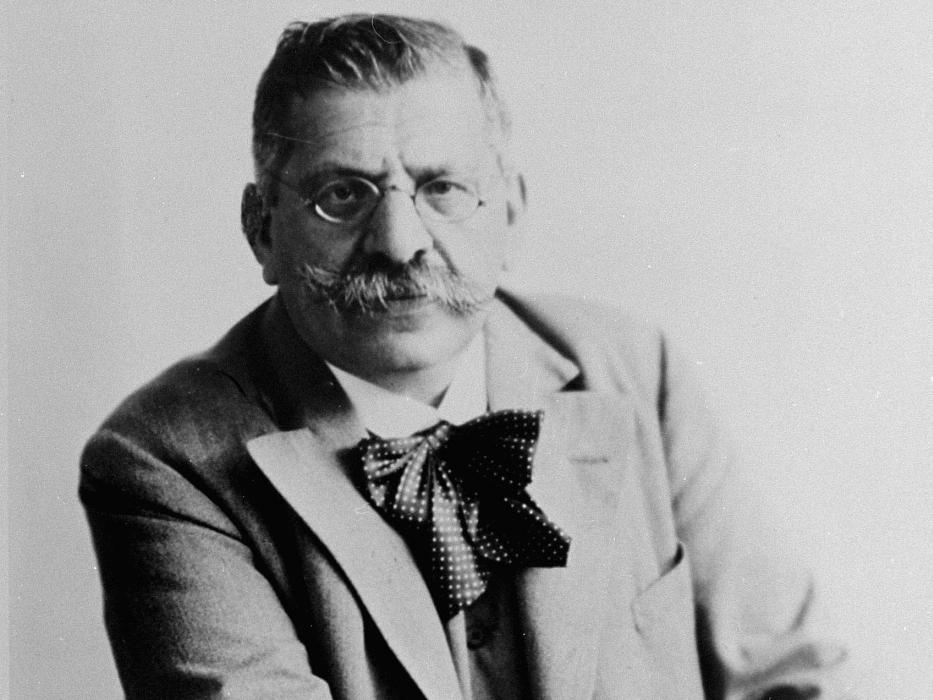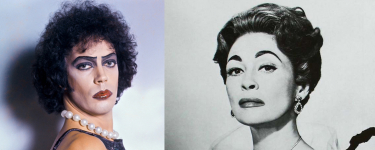Aug 03, 2015
Granddandy's Lessons #2: Emancipation and repression of the scene in Berlin


At the time same-sex marriage was declared legal and recognized throughout the United States by the U.S. Supreme Court, summer of 2015 in Berlin was at its peak. And of course, I wanted to show some intercontinental solidarity and celebrate this joyous occasion with friends by enjoying an afternoon on the bank of the Spree – Berlin's main river. Aside from the usual joggers and dog-walkers, tourist boats aplenty passed by that day. Their intercoms were barking platitudes of which I was unsure whether it was the volume or rather their spread of clichés that hurt my ears so much. For some reason, no single guide could ignore nor say anything interesting about the plot of land on our left – which happened to be the German Federal Chancellery. Giving the occasional city tour myself, I was surprised that not a single guide took the opportunity to clue tourists in on the major historical worth of the banks they cruised by – particularly on this day.
The banks I am referring to are named after our Granddandy Dr. Magnus Hirschfeld – the Magnus-Hirschfeld-Ufer. The contribution of this man to the first steps of worldwide gay emancipation can hardly be overestimated. By establishing the Scientific-Humanitarian Committee in 1897, Magnus Hirschfeld organized an active opposition to Paragraph 175 – the infamous paragraph that criminalized homosexuality in German law. To put pressure on the law, Hirschfeld wrote a petition which was signed by the likes of Albert Einstein. Hirschfeld started a monthly magazine for members of the committee as well as an influential scientific magazine. And as a scientist, Hirschfeld developed terms to define sexual behavior – some of them (the most famous being “transvestite”) are still in use today. The doctor conducted ample amounts of scientific research, seeking, for example, to quantify the number of homosexuals in the world. Questionnaires about sexual behavior were sent to thousands of German workers, as well as students, long before Alfred Kinsey used surveys to for his own research. Hirschfeld was nicknamed, barely a surprise to me, “the Einstein of sex”.
After the First World War, Hirschfeld established the Institute for Sexual Sciences on the banks of Berlin’s famed river. The institute itself produced the very first film portraying homosexuality (or homophilia as it was called then) in a positive light: 1919’s Different from the Others. Hirschfeld's institute even pioneered concepts of safe sex, giving lectures about STDs – a very serious topic in Berlin's decadent 1920s. In this period of time, the Institute for Sexual Sciences was world-leading in procedures for sex-change operations.
We all know what happened in the early 1930s in Germany: the Nazis. And Hirschfeld and his institute weren’t spared from their march on social progress. Luckily, Hirschfeld fled by the time Hitler took power in January 1933. As an intellectual homosexual of Jewish descent with strong social-democratic sympathies, Magnus Hirschfeld was a glaring target for Nazi persecution from the get-go. The Institute for Sexual Sciences was destroyed and closed, while its library provided material for the notorious book-burning on Berlin’s main boulevard in front of the university law department. Two years later, in 1935, Hirschfeld died on his 67th birthday in Nice, France.
The Magnus-Hirschfeld-Ufer we were sitting at is actually on the opposite side of the river where the Institute once was. On the shore, information tables can be found for those interested in not only German history, but gay history in general. For the bulk of those passing by, it all remains easily overlooked. Magnus Hirschfeld proved himself a vocal and gifted advocate during the first, challenging steps of the gay emancipation movement. In the meantime, the cynical among us may disagree and question the success of Hirschfeld's effort – given the fact that it took decades for Paragraph 175 to change. I would rather emphasize Germany's historical hiccups and slow legal processes. German law still discriminates against homosexuality, given the absence of same-sex marriage in Germany. Looking over my left shoulder at the bloody Chancellery nearly spoils our transatlantic joy. However, disillusion would be no way to honor to the spirit of Magnus Hirschfeld.
by Jupiter







